https://alldayelectrician.com/hqc4e94
https://geolatinas.org/bsl5c9zzzhttps://www.yolascafe.com/boscxfh67y There are two behaviors that get under my skin more than most. The first is the act of someone harming people less able than themselves. This action could be the result of power differentials in size, age, power, social status, mental capacity, etc. The second? Those who clearly know the right or better thing to do, but ignore it at the expense of all those around them. This essay is about both issues and I’m warning you right now: I’m angry.
https://dcinematools.com/xzt6uatc1fuhttps://dcinematools.com/72g7smvff The scene? A beautiful afternoon in Oklahoma: hardly any wind, a temperature in the high 50s, the air is clear, gray and cool and wherever you look in nature, the onset of Spring is apparent.
https://onlineconferenceformusictherapy.com/2025/02/22/dj70be8okk1 I had worked most of the night before, and gotten up early this particular morning in order to complete enough of my workload to leave work just a bit early. I was on a mission, and had racked up enough miles on my keyboard writing reports and grading to feel good about leaving campus. In fact, my mood was especially fine. Why? Because I was getting ready to take short road trip through the Oklahoma countryside and, quite frankly, there aren’t too many more activities that ease my mind as much as these drives.
see My destination was a sheep farm south of Tryon, Oklahoma and I was driving south on highway 177, listening to Jesca Hoop. I could write chapters on Jesca Hoop’s creative take on music, but not today. The opening lyrics to “Whispering Light” were belting out at a fairly strong decibel level:
https://danivoiceovers.com/njbyoirq3k “As we walk the road, as far as the road goes…
And we try to dodge the rock the valley throws.
Revealer…caught a fever…we all, have a sink-ing stone..”
https://www.elevators.com/65v28yje8 Okay. I’ll write just a few sentences. The opportunity might not come again. If you’ve not had a chance to check out her music, I would encourager you who love singer-songwriters to do so. I think her, “Love is All We Have” she wrote about the Katrina Hurricane got me permanently hooked on her haunting style and voice. And spirit. Here is a video of that particular song she’s singing in New Orleans. You can see she’s clearly verclempt as she sings directly to those about whom she wrote.
https://geolatinas.org/bsl5c9zzz I’m sharing this moment in my car with you because it sets up the juxtaposition to what happened next. If you’d like a little more Jesca Hoop mood, check out her new video, “City Bird.”
http://www.mscnantes.org/hyifahxsmx Jesca Hoop: City Bird Music Video from Filmatics on Vimeo.
https://paradiseperformingartscenter.com/hys2mwjj4 Okay, back to the essay: So there I was, see, driving south on 177. I had my instructions on a printed e-mail at my side. “Drive through Perkins, cross the Canadian River, turn east on highway 105 and head into Tryon.” I am especially endeared to landmark driving instructions and quietly rebel against all GPS devices. They are the one segment of technology I’ve decided to boycott although I’m generally waiting on the next “G” of any device that helps me run my life more efficiently. The adventure of “finding it myself” is just too grand.
get link I’m traveling around S-curves, Hoop is serenading me, I’m singing along and then I saw it. A beautifully bright Oklahoma state tree growing on the side of the road. The pink flowers were especially pristine against the gray sky. But attached to the top right section, waving like a weather sock, was tree cancer. It was “yet another” plastic bag, caught in the branches of Nature. The image is one repeated across the country sides and cities around world. I’ve complained bitterly about each sack along my life journey and attempted to dislodge a few within my reach.
https://www.brigantesenglishwalks.com/g2ejcipop7u 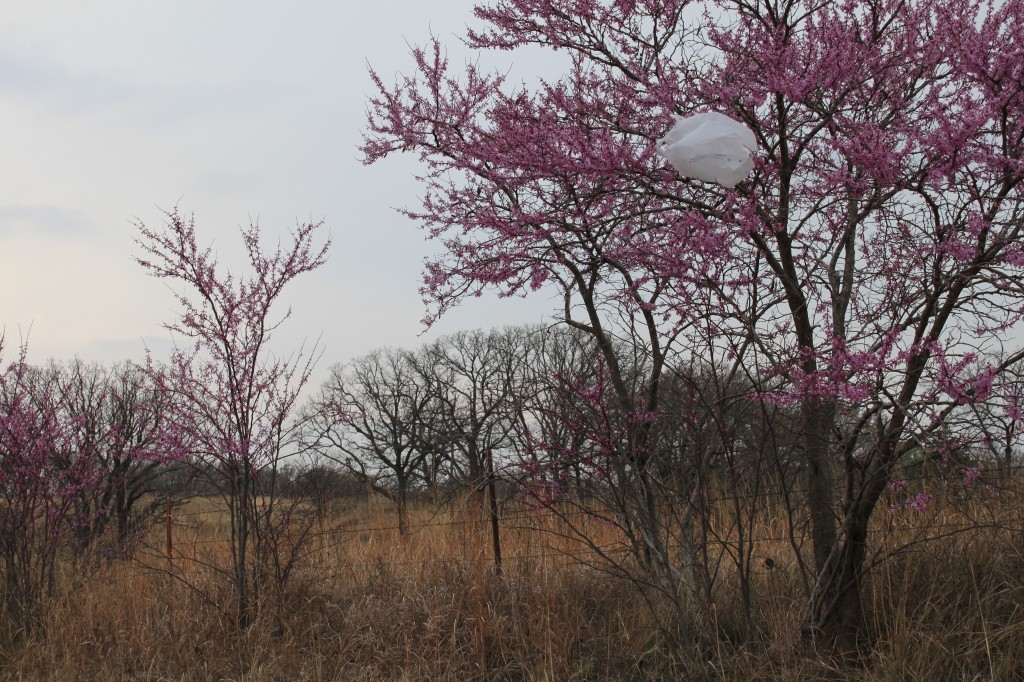
https://www.mreavoice.org/hse7ve66oq This one was different, however, because it was stealing my Okie born & bred DNA, the landscape within which I was raised. I hated the sack at that moment and made a mental note to drive back and look at it again on my way home. Why? I don’t know. To take a photo and write a post? To attempt the dislodging process? To scream at “the Man?” All I know is that the pull to revisit that cancerous view was strong enough to reel me back again. And it did. I conducted my visit, loved on some sheep (I’ll introduce you on Monday), met two more cool Okies, and returned to the tree.
https://mocicc.org/agricultura/ctpds83 As I parked my car across the highway, I had tunnel vision. All I could focus on was that horrific waving piece of trash. “My” redbud needed help. I waited for a few semi-trucks to pass, then crossed the road. As I navigated across the bumpy grass and small holes, I stepped on this…
https://www.mbtn.net/?p=grggayoqwnx 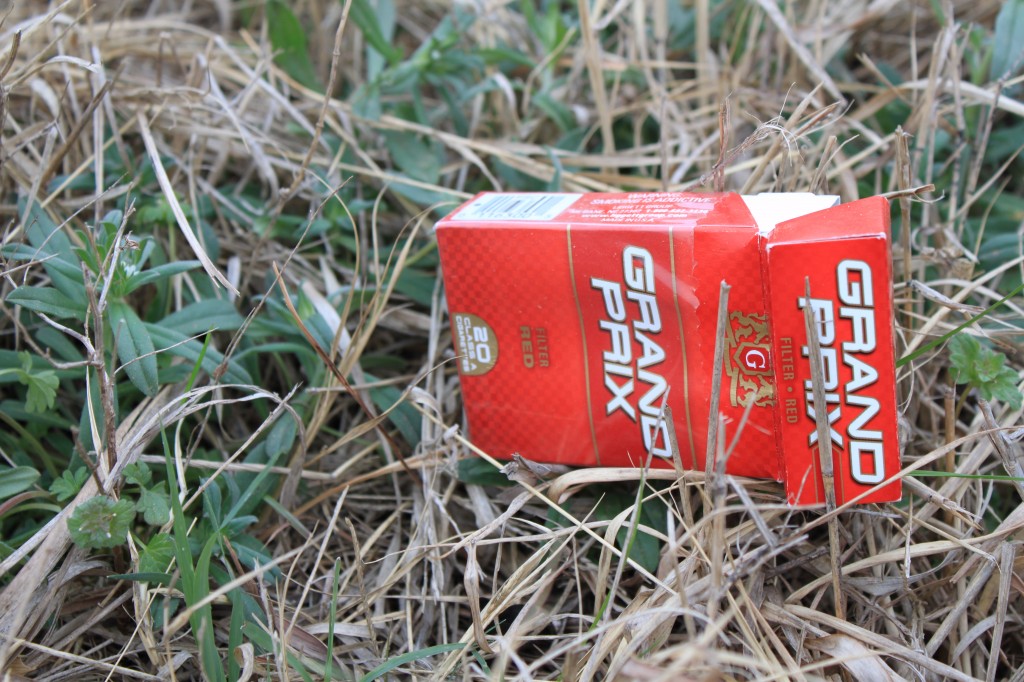
watch And then I looked around and saw this:
click here And this:
https://getdarker.com/editorial/articles/4i5rjgc0r2 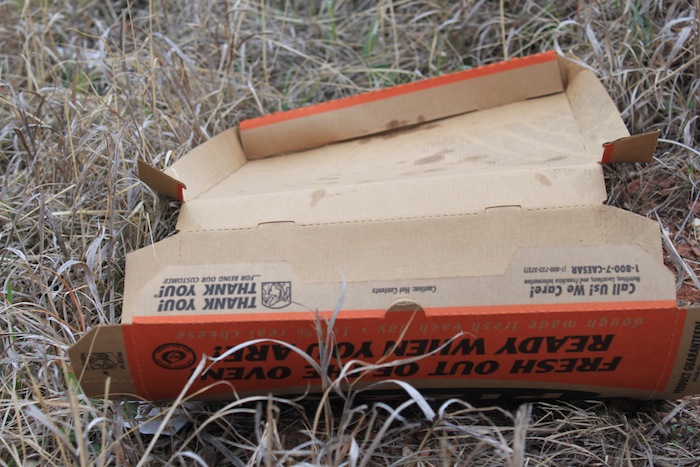
follow And this:
follow link And this:
click By this time, my “locked and loaded” tunnel-vision aimed completely toward the flying bag had begun to diffuse. Now I was simply becoming angry at “all trash” in general. Don’t get me wrong. Plastic by itself is bad, bad news. Back in 2004, Stephen Lahey wrote an article for the Science section of Wired.Com quoting the United Nations (UN) and their take solely on plastic in the ocean: Marine trash, mainly plastic, is killing more than a million seabirds and 100,000 mammals and sea turtles each year, said U.N. Secretary-General Kofi Annan in a statement.
https://getdarker.com/editorial/articles/16anckknjmj That was in 2004. Students of oceanic research programs have been counting plastic levels in the ocean since the late 1980s, and reported as late as 2009 that consistently, 60% of their plankton net casts reveal pieces of plastic caught in the strands. Meaning? More than half of their casts drug in plastic trash.
click But trash in general? Well, think even BIGGER. Americans alone throw out about 4 pounds of garbage per person per day. And although 40% of our trash is now recycled, we still produce over 210 million TONS of solid waste each year.
http://www.mscnantes.org/3oi4gqfwkpi Clearly, we have a garbage and sustainability problem in the U.S. But this goes for most developed countries as well. And while some nations in Europe are now managing garbage differently and real behavior change is taking place, it’s a slow process. In the meantime, the bar ditches in Oklahoma are suffering. The landscape is suffering. The animals are suffering, and our future children are suffering because of our behavior.
https://www.marineetstamp.com/kkc0msv By throwing out trash along the road, or ignoring responsible trash management, we are harming people less able than ourselves (in this case, our children and the world they inherit). By ignoring trash production and the opportunity to make good choices related to managing the trash we DO produce, we are choosing to ignore what is right even though we know these choices are wrong. Or are we? Do all those you come in contact with understand what we’re doing to our world with the garbage we produce? They might if you check in with them. One person at a time, one contact at a time, we can help those less able than us and do the right thing by managing what we’re using.
Buying Tramadol Online Reviews Now, I’m going to go play some Jesca Hoop music and see if I can soothe the wrinkles in my brow. And then? I’m going to check my trash can and make sure EVERYTHING in there that can be recycled, is.
[kelly]
Cheap Tramadol Next Day Delivery 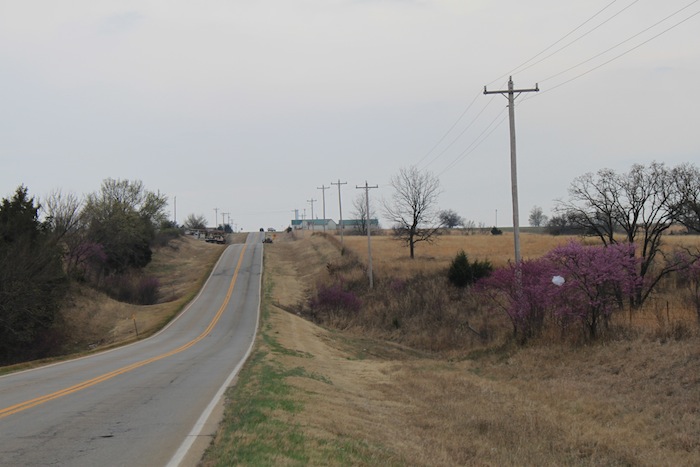
Comments
see

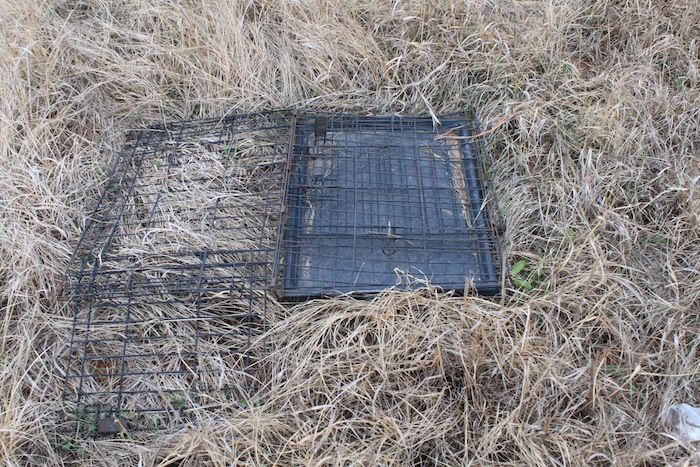
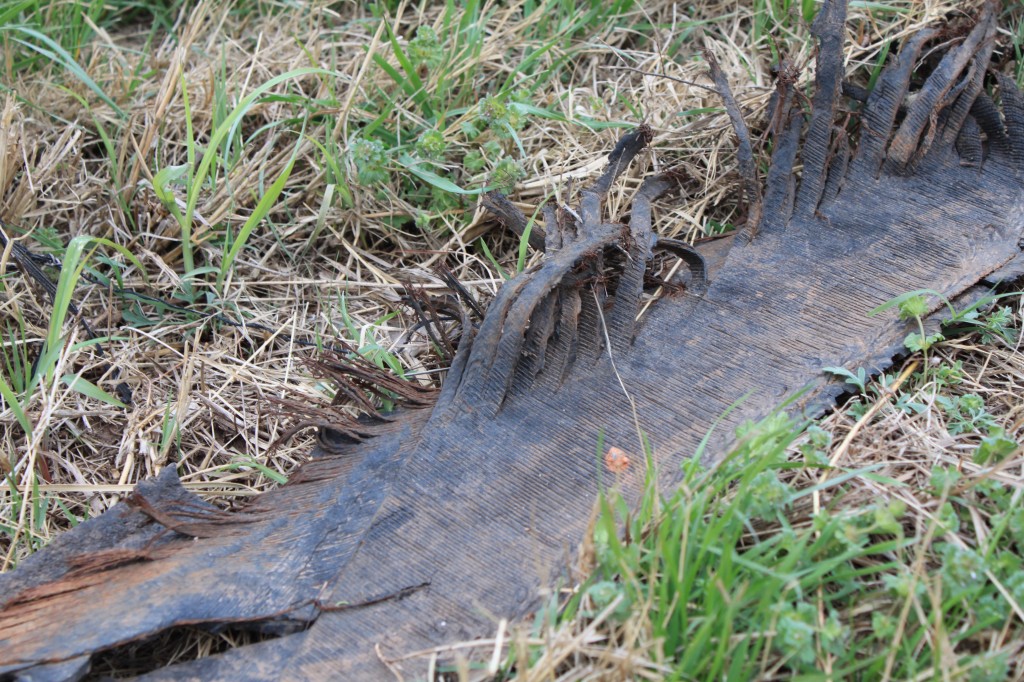
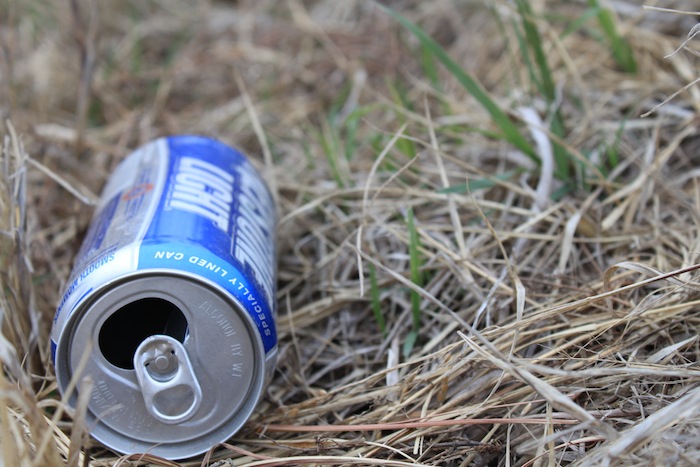
go to link OMG! First you loved on sheep without me? Curses. Second I HATE those plastic bags and trash too. Third I am obsessed with the state of our environment. I may have to write a follow up article. Greg and I went to the local landfill last weekend with a deposit. UGH! I try and work what I can into a compost pile and reuse ANYTHING that might end up trying to decompose for the next 100 years. Oh yeah. You KNOW GPS rocks. You missed my little blinking blue dot on your trip, didn’t you?
Tramadol Orders Dear cousin-friend, Yes. It’s true. I loved on sheep without you, however you’ve managed to love on new baby goats and an extra dog without me, so we’ll have to switch road trips and get caught up! I think YOUR little blue blinking pin rocks AND helped us tremendously. However, I’m holding out for myself! (I’ll admit, in the dark of night in NW OK, it was pretty handy!). Write away, Julie at the Ranch. Evey little bit might help!
Can I Get Tramadol Online I used to take great pleasure in calling the Litter Hotline whenever I would see someone throw something out the window. Then, they changed it to only apply if someone littered on the turnpike. Now I think it applies ti littering on highways and turnpikes. So, if you see someone doing this, get their tag number and call 1-888-5 Litter. They don’t get a ticket but they do get a letter letting them know they were spotted. Love the music, by the way! Totally my style. Check out Patty Griffin if you haven’t before.
Order Tramadol Uk Jen: I remember something like the Litter Hotline back when I was in high school. Set up when the “Don’t Lay Your Trash on Oklahoma” campaign was widespread. However, I’ve forgotten that we even had a resource like that. Thanks so much for both the phone number, AND the Patty Griffin recommendation!